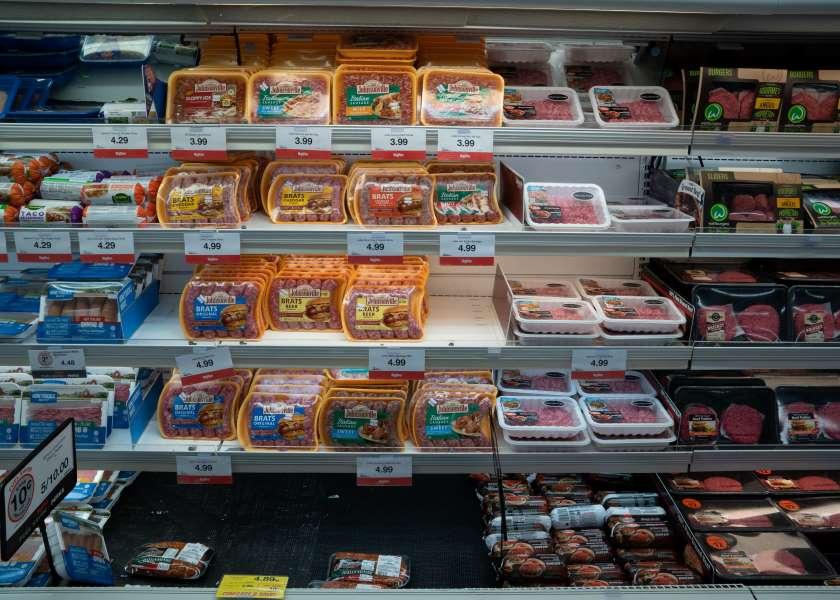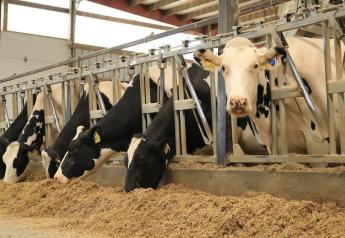Meat Case Study Reveals Continued Growth for Case-Ready

Case-ready continues to increase in popularity, now representing 83% of retail protein packages. That’s up from 49% of fresh meat in 2002 and 81% in 2018, according to the 2022 Cryovac Brand National Meat Case Study (NMCS), sponsored by Cryovac Sealed Air and conducted by 210 Analytics for the North American Meat Institute.
“This really gels with the fact that more and more retailers are switching to case-ready, and that number continues to grow,” says Stacey Couch, marketing development director retail & e-commerce at Sealed Air.
As consumer trust and acceptance of case-ready has risen, the 2022 National Meat Case Study shows that case-ready is now the norm across all proteins, led by turkey (99%) and chicken (96%). Beef is the most likely to be cut in store, though case-ready has increased to 71% of packages from 66% in 2018.
“When we started this study in 2002, 51% of product was being cut and packaged at the store level,” couch said. “Those numbers have completely flipped and now only 17% is being cut and packaged in store. Now, 83% of everything you see in store is processed and packaged away from the store.”
The study also reveals a reversal to the rise of boneless products, likely directly related to retailers’ challenge of hiring skilled butchers. Since 2018, boneless beef packages dropped from 92% to 87%, pork from 69% to 64% and chicken from 61% to 56%.
In a nod to growing interest in sustainable options, the NMCS shows increasing use of trayless packages (including semi-rigid) while foam trays are on the decline. Trayless now represents 41% of packages, up from 33% in 2018, while foam is now at 39%, down from 53% in 2018.
The 2022 National Meat Case Study was conducted between February and May of 2022. The study reflects research conducted at 152 stores in 97 U.S. cities, including a sample of 180,000 packages and 20,500 SKUs.







